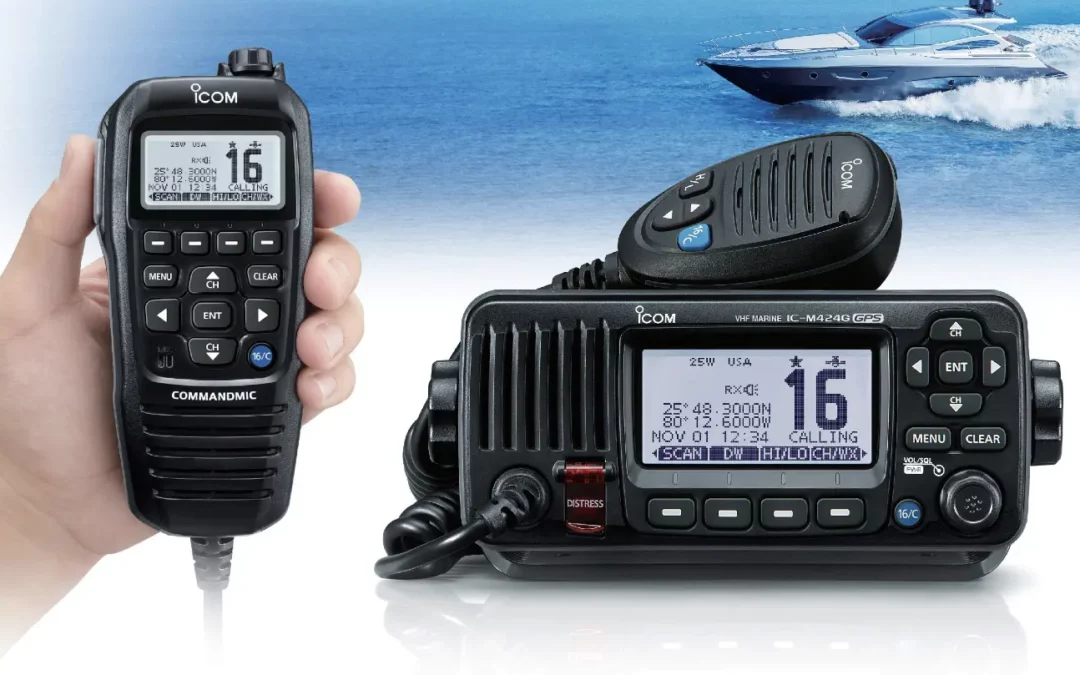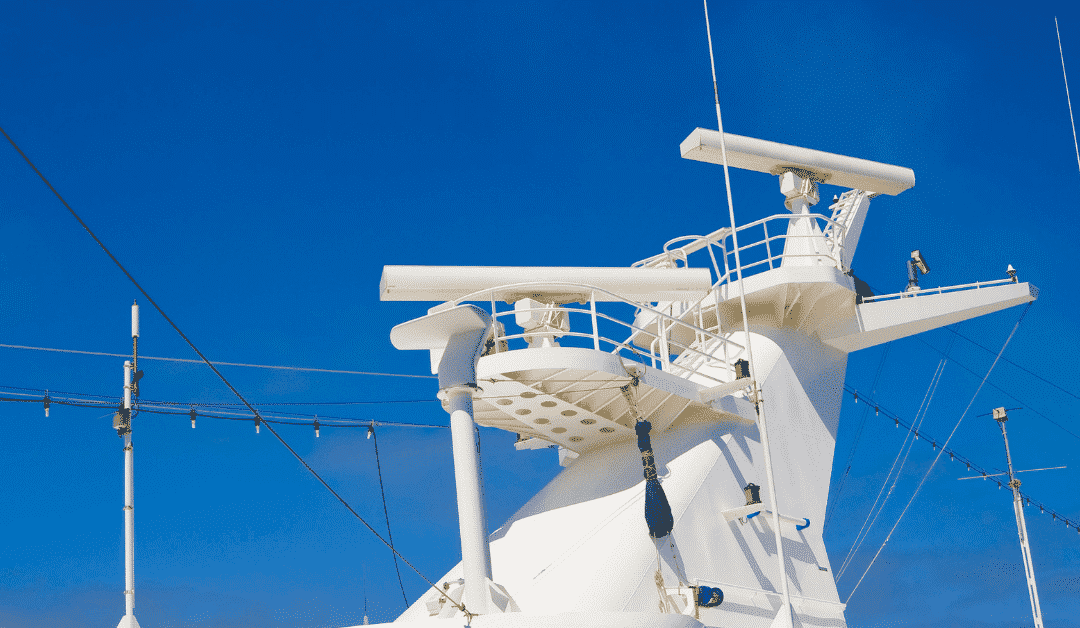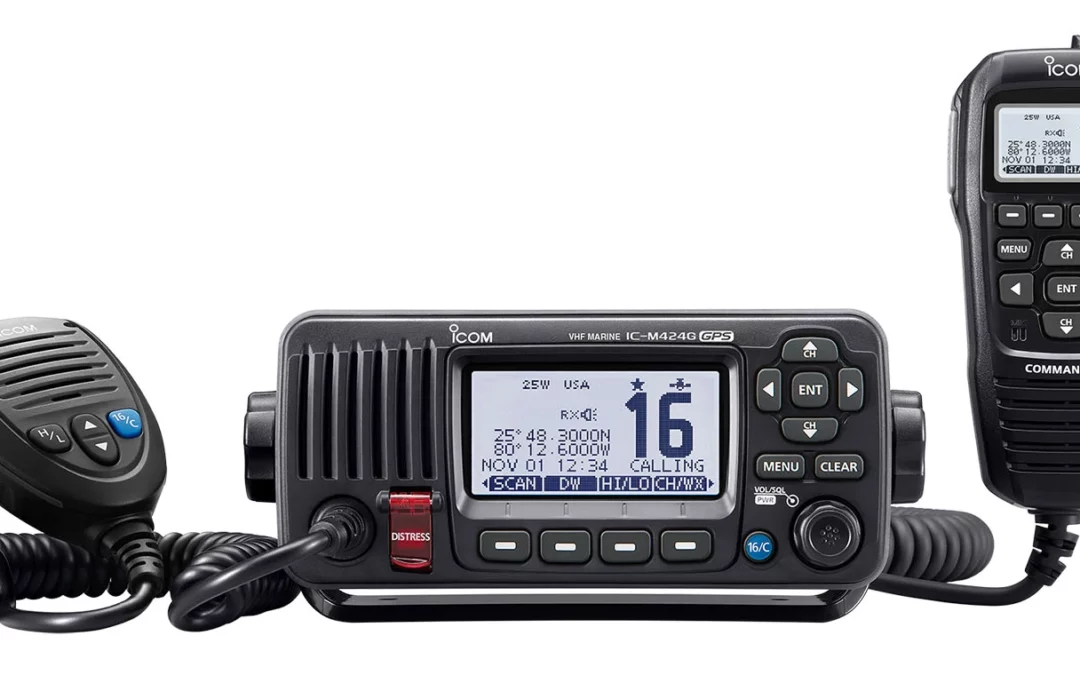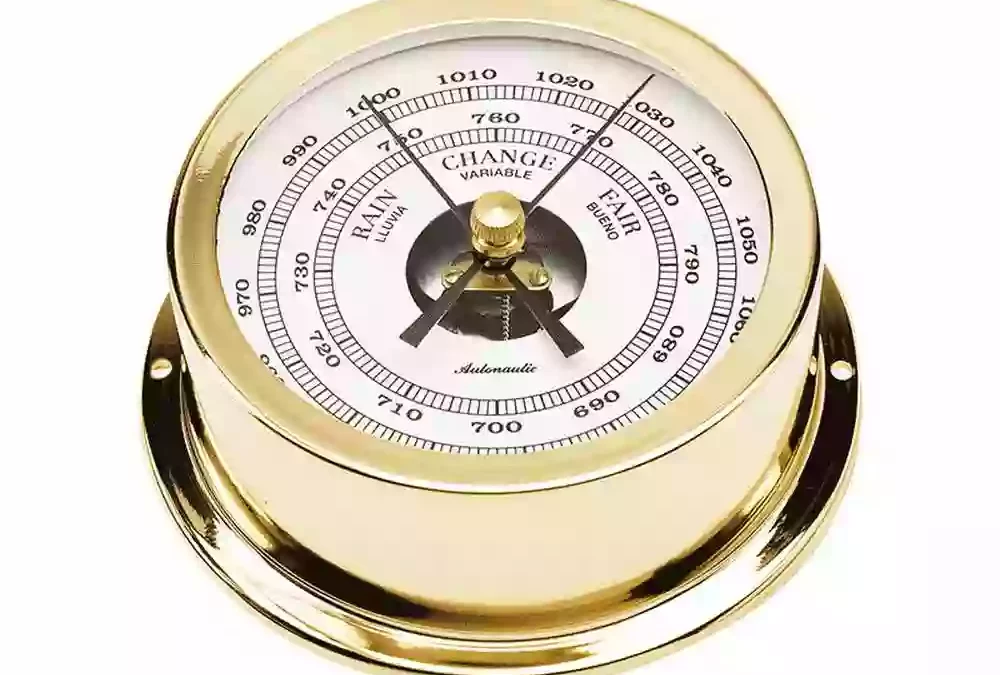Importance of Marine Radios
Marine radios are the heartbeat of communication on the water, connecting vessels, ensuring safety, and facilitating efficient operations. Whether used for navigation, coordination, or emergency response, the reliability of marine radios is paramount. However, like any technology, they can encounter issues that hinder their performance. In this article, we’ll explore tips for troubleshooting common marine radio issues to ensure effective communication on the water.
Understanding Common Radio Issues
Before diving into troubleshooting, it’s essential to understand the common issues that marine radios may encounter:- Power Supply Problems: Issues with power sources and connections.
- Antenna-related Issues: Damaged or poorly maintained antennas affecting signal strength.
- Audio Problems: Challenges with receiving or transmitting clear audio.
- Transmission and Reception Issues: Difficulty in establishing communication with other vessels or stations.
Checking Power Supply and Connections
A common culprit for marine radio issues is power-related problems. To troubleshoot:- Check Power Source: Ensure the radio is connected to a reliable power source. Verify battery status or power connection to the vessel.
- Inspect Wiring: Examine power cables and connections for damage. Tighten loose connections and replace faulty cables.
- Fuse Inspection: Verify the condition of the fuse. A blown fuse could be a sign of an underlying issue.
Antenna Inspection and Maintenance
The antenna plays a crucial role in signal transmission and reception. Issues with the antenna can result in poor communication:- Visual Inspection: Look for physical damage, corrosion, or loose connections in the antenna.
- Clean Connections: Ensure antenna connections are clean and free of corrosion. Clean with a corrosion inhibitor if necessary.
- Antenna Height: Verify the antenna’s height and positioning for optimal signal reception.
- Replace Damaged Antennas: If damage is evident, consider replacing the antenna to restore signal strength.
Troubleshooting Audio Problems
Clear audio is essential for effective communication. If you encounter audio issues:- Volume Check: Ensure the volume is set to an audible level.
- External Interference: Identify and eliminate sources of interference, such as electronic devices or engine noise.
- Microphone Inspection: Check the microphone for damage or loose connections. Replace or repair if needed.
- External Speaker Verification: If using an external speaker, ensure it is functional and connected properly.
Addressing Transmission and Reception Issues
If you’re experiencing challenges in transmitting or receiving signals:- Check Frequency Settings: Confirm that the radio is tuned to the correct frequency for the intended communication.
- DSC (Digital Selective Calling) Function: Ensure the DSC function is activated and configured correctly for distress calls.
- Transmission Power: Verify that the radio is transmitting at the appropriate power level.
- Weather Conditions: Consider atmospheric conditions that might affect signal propagation, especially in HF (High-Frequency) bands.
Effective Communication on the Water
Troubleshooting common marine radio issues is crucial for maintaining effective communication on the water. Regular inspection, maintenance, and prompt resolution of issues contribute to the reliability and performance of marine radios. In the maritime environment, where conditions can change rapidly, having a well-functioning radio is not just a convenience but a safety imperative. By understanding and addressing common issues related to power, antennas, audio, and transmission, mariners can ensure that their marine radios remain a dependable tool for seamless communication, navigation, and coordination on the vast expanse of the open seas.








0 Comments